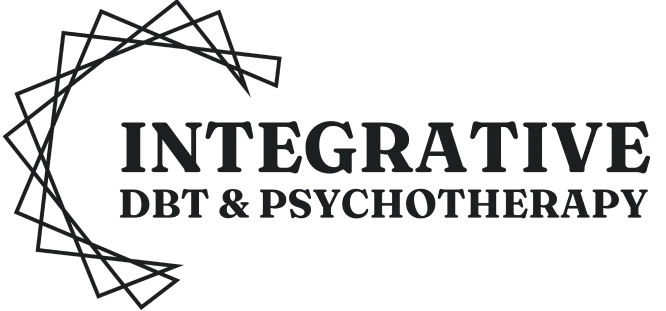By Lily Rudd, Intern
“It is our job to be pliable and malleable.” — Dr. Christopher Deussing
Therapists adapt to each client’s personality — religious or not, talkative or hesitant. But if we’re constantly reshaping ourselves… how do we stay true to who we are?
🌱 True Self vs. False Self
Thomas Merton:
-
True self → other-focused, enlightened
-
False self → egocentric, illusory
Therapists must learn about psychology and themselves — then apply that knowledge to help clients.
🛡 Breaking Down the False Self
-
False self = barrier to authenticity
-
Exploring psychological defenses helps remove it
-
Therapists do this to avoid countertransference → naturally moving toward the true self
🌏 Openness is Maturity
-
Mature identity = being open to all kinds of people
-
Therapists are required to be open-minded since we ask the same from clients
🤝 ‘We-Psychology’
Fritz Kunkel:
-
All relationships come from the meeting of one ego with another → part of a bigger “We”
-
Therapist–client bond = small We
-
True self = not afraid to live as “we,” not just “I”
🪞 The Takeaway
Being “pliable and malleable” is being true to yourself.
-
Adaptation is personal — no two therapists do it the same way
-
Clients shape us just as we shape them
📚 Reference: Haynes, C. (2016). Identity, transcendence and the true self: Insights from psychology & contemplative spirituality.
